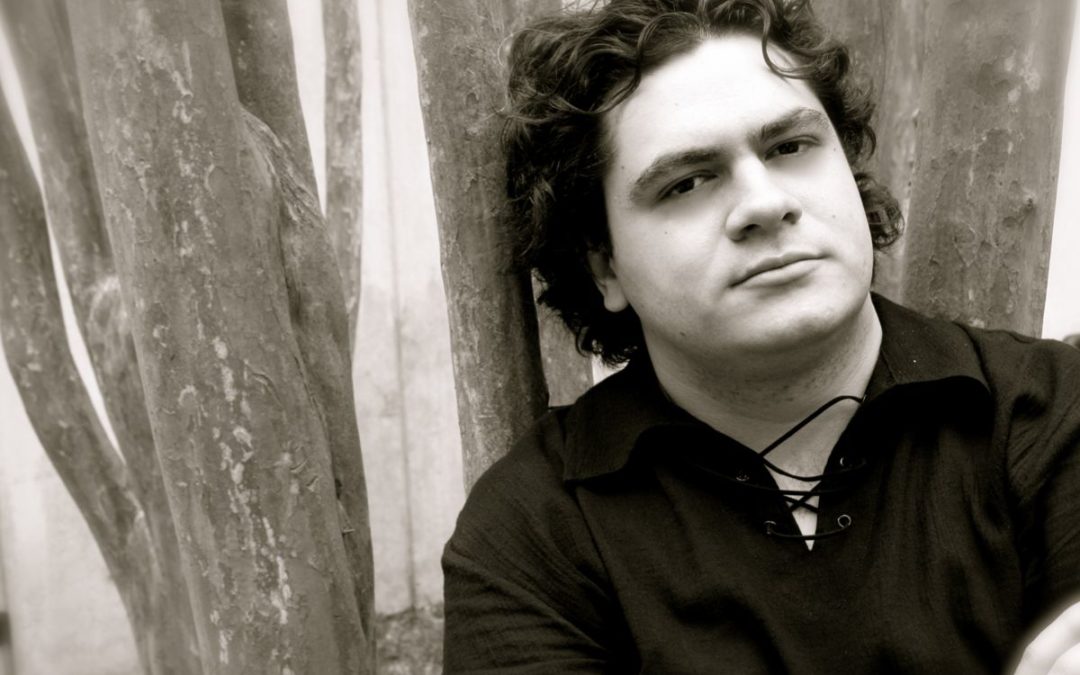CHICAGO SUN-TIMES — FEBRUARY 22, 2014 — The two weeks of concerts of Stravinsky, Debussy and Ravel now under way and curated by the Chicago Symphony Orchestra’s conductor emeritus Pierre Boulez, are among the most intriguing this season.
And Thursday night’s opening of this week’s CSO program, with young Romanian-born conductor Cristian Macelaru and guest vocalists, proved to be one of the best and most exciting concerts of the season to date.
Boulez, who turns 89 next month, is unable to travel, but as both the compilations and the video narration shot recently at the composer-conductor’s home in Baden-Baden, Germany, made clear, his sight and body may have been affected by age, but his mind, spirit and personality remain among the sharpest and most vivid.
Boulez always has sought to break down barriers, “get out of little boxes” in his words, expose audiences to new and neglected works or genres and nuture the most capable and curious young artists. This week’s — and hopefully next week’s programs — allows the legendary maestro to do all this and more in just two hours.
No work on the schedule is itself longer than 20 minutes, yet each is a marvel of experimentation and expression. Presented together in suites with lowered lights for the chamber-sized pieces, musicians and audiences share a journey back to 1913, the year of Stravinsky’s “Rite of Spring,” but also, heard here, of Debussy’s no less marvelous “Jeux” (Games), which premiered just two weeks earlier in Paris but forgotten for decades in the light of Stravinsky’s rhythmic revolution. Maurice Ravel’s “Three Poems of Mallarme” followed the Debussy and preceded Stravinsky’s Three Japanese Lyr- ics and Two Poems of Konstantin Balmont on the evening’s first half.
The 17-minute “Jeux” is a piece of apparent simplicity and continuity that actually is so treacherous to pull off that Boulez is one of the few conductors to include it in his regular repertoire. Macelaru, who has been a stand-in here for Boulez in leading both Schoenberg’s world-changing “Pierrot Lunaire” and Stravinsky’s “A Soldier’s Tale” as well as other major works of Bartok, Debussy and Stravinsky, showed himself up to the task.
Mezzo soprano Sasha Cooke and soprano Jennifer Zetlan, both young Americans, seemed born to sing the Ravel and Stravinsky works, respectively. All three works require detail and confidence but also a certain disappearing into the texts, and both women demonstrated this as if it were second nature.
The all-Stravinsky second half was arranged by Boulez as a magical arc, starting with the Three Pieces for Clarinet Solo, a specialty of the CSO’s John Bruce Yeh — and played very specially here to pin-drop silence — and moving directly into the “Cat’s Cradle” songs for mezzo (the wonderful Cooke again) and three clarinets alone. These then bloomed into the Suite No. 1 for Small Orchestra before expanding into the “Pulcinella” Suite (given this was the first live performance I have heard of the Suite — as opposed to the complete ballet score which requires three vocal soloists as well) that was both convincing and wholly musical.
Throughout, too, we had Boulez narrating, offering insights and playful humor — taking us to new places of thought and yet wrapping his observations up with a gentle bow. We have known how much his decades with Chicago have touched our minds and ears. These on-screen commentaries were a reminder of how he has entered our hearts as well.
Chicago Sun-Times | 22 Feb 2014 | BY ANDREW PATNER

